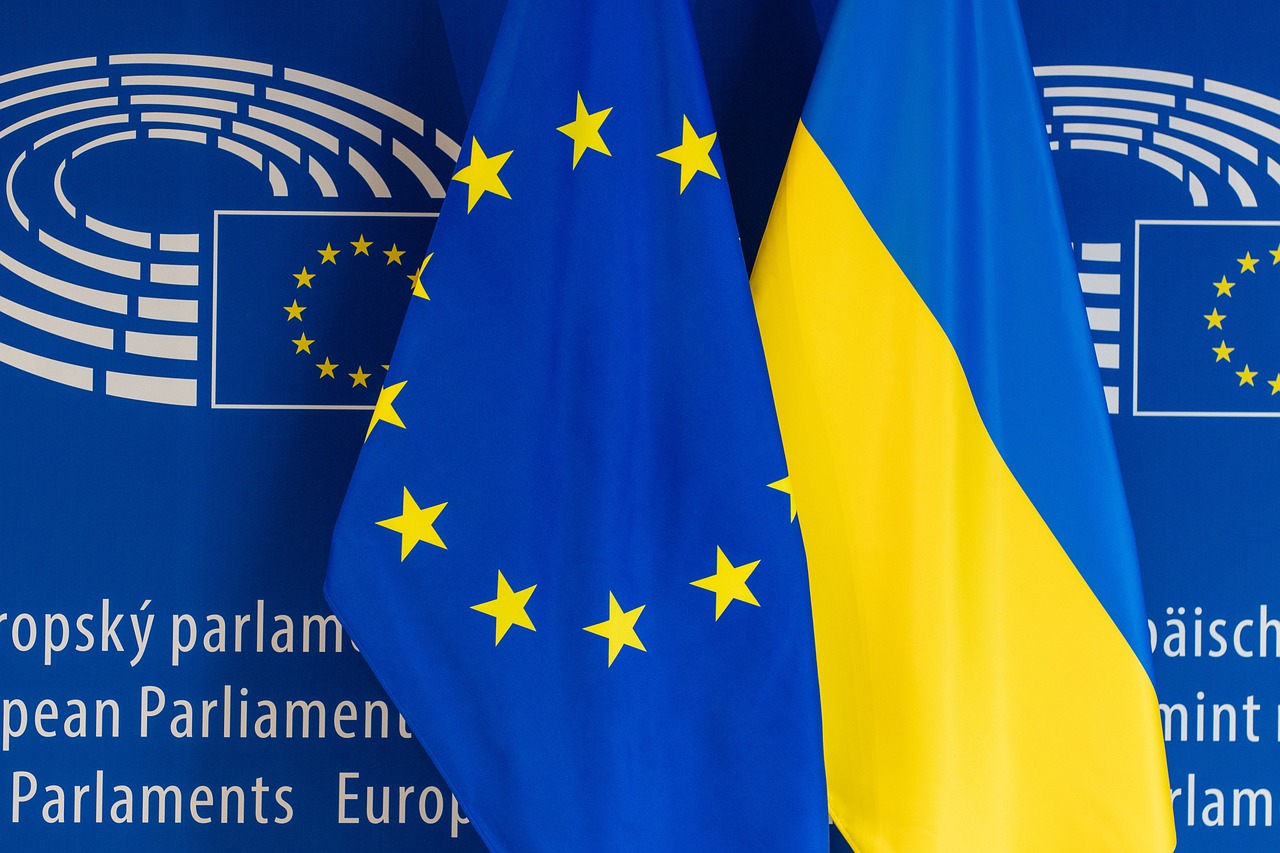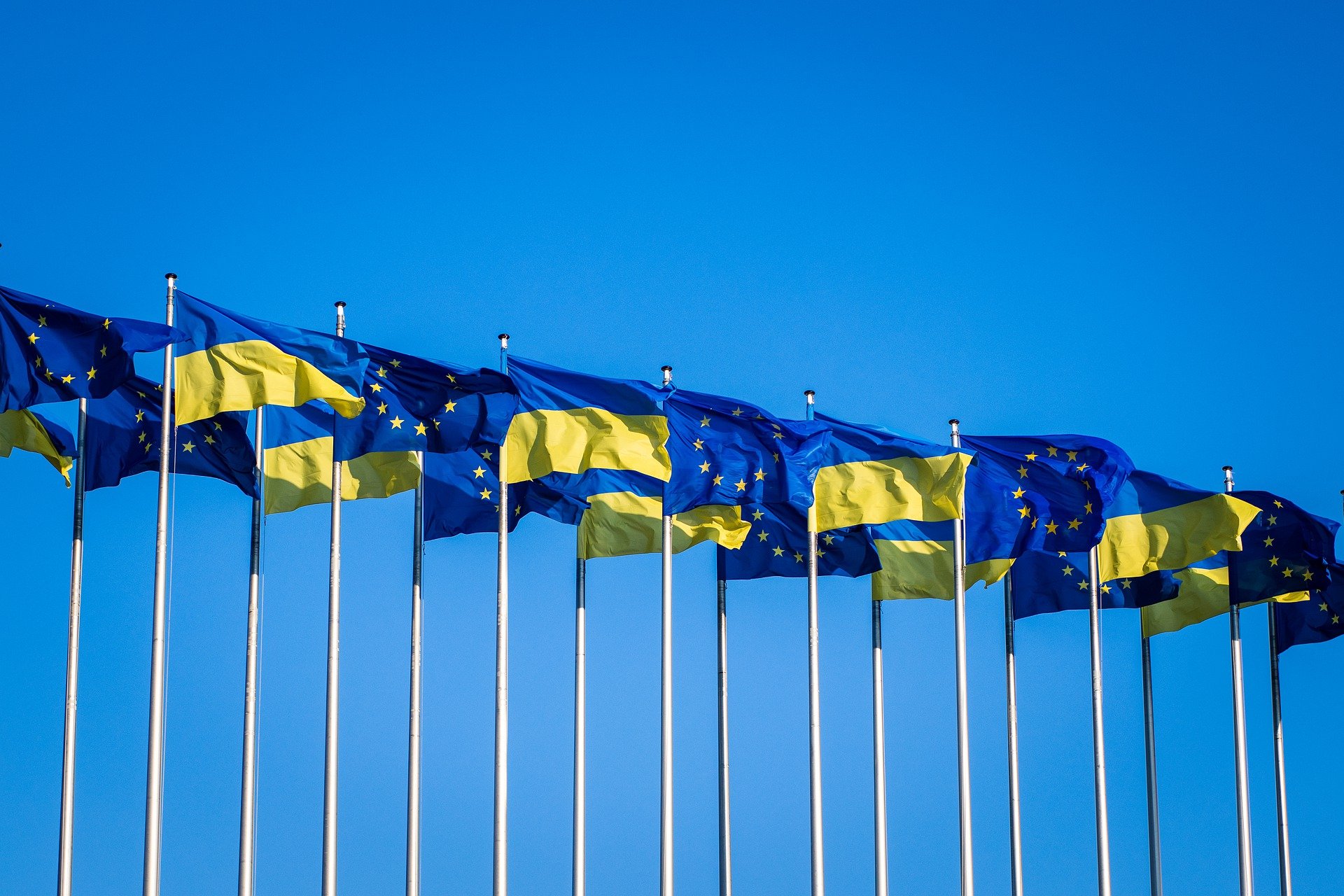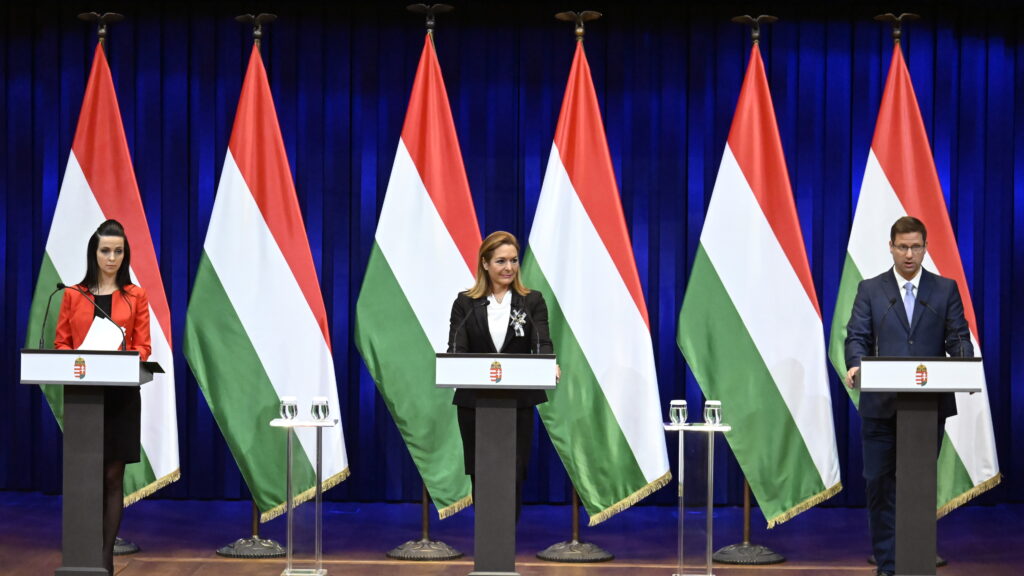
The EU Affairs Minister pointed out that there is no meaningful debate in the EU about what the purpose of support for Ukraine is.Continue reading

In addition to domestic policy decisions, yesterday’s cabinet meeting also included a foreign policy outlook, such as a review of the Ukraine war and the current state of the trade war, Gergely Gulyás, the Minister responsible for the Prime Minister’s Office, said at Thursday’s government press briefing. At the event, the minister announced that the ballot papers for the referendum on Ukraine’s accession to the EU will be mailed next week.
Minister Gulyás noted that it would be in the EU’s fundamental interest for the war to end, and the government considers it contrary to Hungarian interests for Brussels to want to admit Ukraine to the EU. He said that opinion polls had already been conducted “with Brussels’ money,” showing that the Hungarian people supported Ukraine’s membership of the EU.
There is also the possibility of a real expression of opinion in the government’s referendum,”
he pointed out. The ballot papers will start to be mailed out next week, he announced, presenting one at the press conference. On the papers, the question “Do you support Ukraine becoming a member of the EU?” are printed on special paper and the votes will be counted in the presence of a notary, he revealed.
The minister pointed out that Brussels is considering an extremely fast process that entails serious financial risks for Hungary. A significant part of the cohesion funds would go to Ukraine, and there are also serious agricultural risks associated with the country’s accession, he explained. There are also risks in the food industry, the labor market, and public security; therefore, under the current conditions, the government would say no to accession, he added.
Minister Gulyás believes that elsewhere there are no similar opportunities for democratic expression, that is why it is important for Hungary’s voice to be heard in the international arena, and this will also help the government in the debates against Brussels.
The minister revealed that
the government has negotiated next year’s budget and only one or two negotiations remained.
He recalled that the government’s main task this year is to bring inflation down, and that the measures taken so far, such as the margin freeze, have proved effective. Price increases stopped rising in March, and in April, prices are expected to fall overall, he said.

L-R: State Secretary for Families Zsófia Koncz, Government Spokesperson Eszter Vitályos, and Gergely Gulyás, Minister responsible for the Prime Minister’s Office. Photo: MTI/Máthé Zoltán
Zsófia Koncz, State Secretary for Families at the Ministry of Culture and Innovation, also attended the government press briefing to inform the attendants that family support measures are being continuously expanded. She said that the government has now come up with a more ambitious plan than ever before.
This year, overall family support will be increased by HUF 60 billion (EUR 147.5 million), she noted.
Thanks to the new announcements, the amount to be spent on families will increase by around HUF 550 billion (EUR 1.4 billion) next year.
With this, the government is set to implement Europe’s biggest tax reduction program, she noted.
She said that parliament would discuss the bill on mothers’ personal income tax exemption and the social security exemption for child benefit and childcare allowance. If adopted, mothers will be exempt from social security contributions for childcare and child benefit from July 1, 2025.
She pointed out that
in 2026, half a million mothers in Hungary will be exempt from social security contributions.
Gergely Gulyás also spoke about the situation of Hungarians in Transcarpathia, informing the media that
negotiations with Ukraine’s representative on minorities had stalled.
He said that there are commitments and promises of guarantees from Ukraine, but what the Hungarian government has repeatedly demanded regarding national minority rights has still not been implemented. He also referred to the problem of the long waiting time for Hungarians to enter Ukraine.
He added that although the Hungarian government supports the facilitation of crossing the border, there is a time-consuming entry process at the Schengen border. “Sometimes there are traffic jams at the border, and certain obligations have to be fulfilled, but at the same time, with Romania’s Schengen membership, capacity has been freed up,” he explained. Government Spokesperson Eszer Vitályos added that they are trying to keep the waiting time under one hour at Easter, and the opening of a new border crossing point between Nagypalád (Velyka Palad) and Nagyhódos will certainly help.
Via MTI, Magyar Nemzet; Featured image: Pixabay